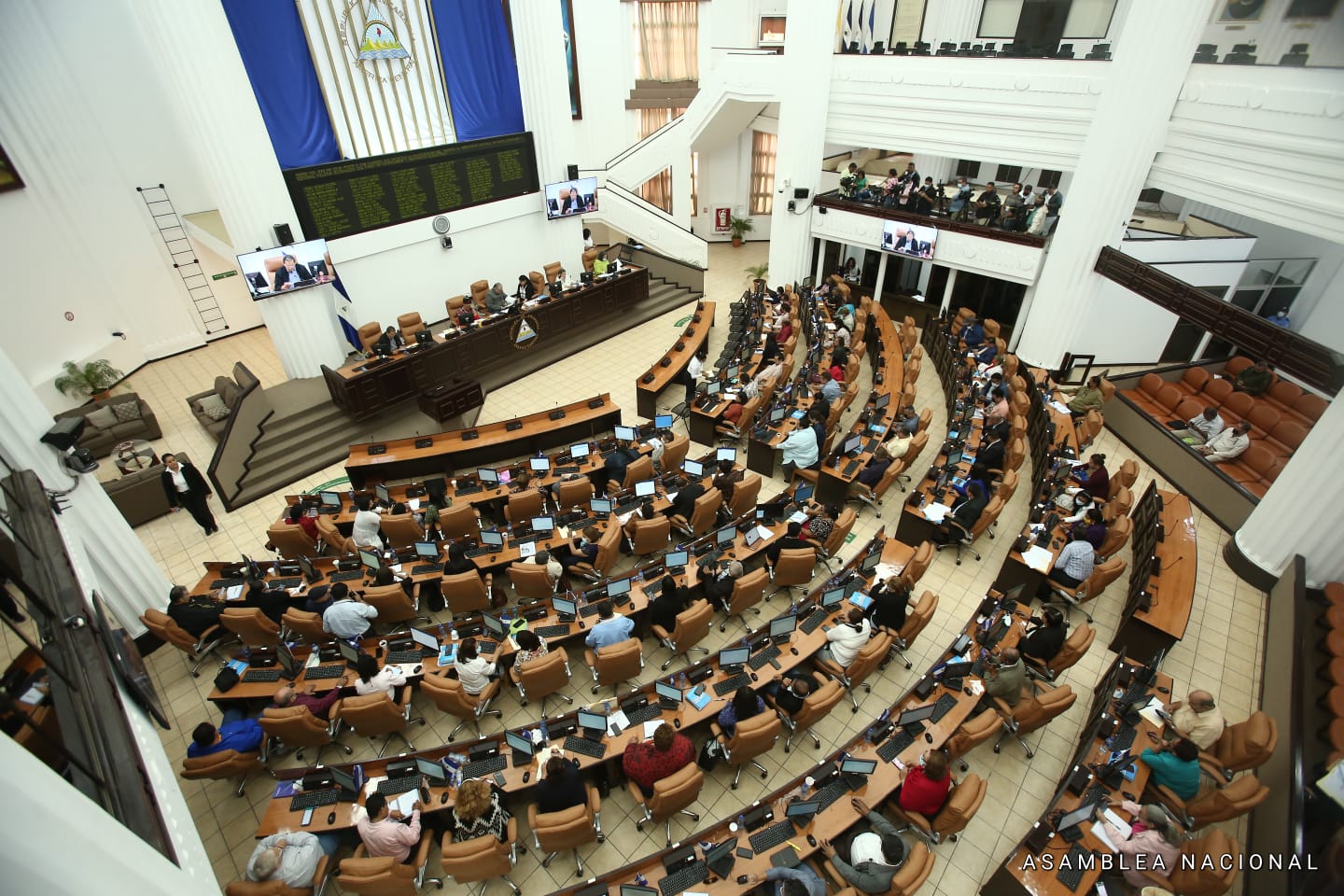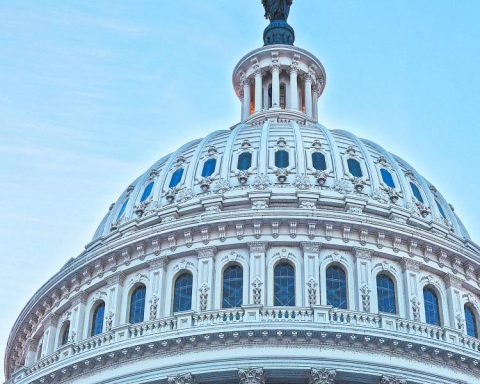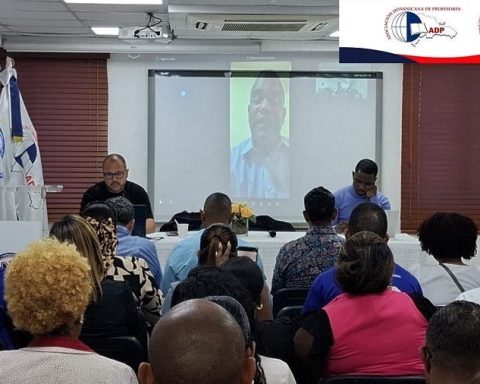The National Assembly, controlled by the Ortega regime, reformed article 21 of Law 290, which regulates the Ministry of Finance and Public Credit (MHCP). The change seeks to reduce certain functions in the face of new sanctions against its authorities, and add powers for the approval of tax incentives, according to what they valued CONFIDENTIAL Nicaraguan political analysts and business consultants.
The reform to Law 290of Organization, Competence and Procedures of the Executive Power, which was approved on Wednesday, June 15, “aims to strengthen the powers that correspond to the Ministry of Finance and Public Credit, as well as to streamline its management in the sectoral commissions or incentive boards dedicated to granting benefits or tax incentives”, according to press reports from Parliament.
Treasury with less powers
The lawyer and former Liberal deputy Eliseo Núñez Morales warns that this reform takes away powers from the Treasury and Public Credit regarding its participation in the boards of directors of the decentralized autonomous entities.
“What they took away is striking, and it is that the Minister of Finance had the capacity and functions to represent the boards of directors of decentralized autonomous entities and to sign the agreements, to later be endorsed by the National Assembly. Those two things no longer appear. Yes, there is a reform that obviously removes functions that expose third parties to prevent sanctions from blocking the agreements that the official signs,” explained Núñez Morales.
hit by sanctions
The Treasury and Public Credit is one of the government entities that has undergone the most changes in its functions, as a result of the sanctions imposed by the international community against operators of the Ortega regime due to their violations of civil liberties and human rights abuses.
When Minister Iván Acosta Montalván was sanctioned by the United States, in May 2020, José Adrián Chavarría assumed the position of deputy minister, with the power to “sign the necessary documents for the disbursement of national and foreign funds and those derived from the execution of loan contracts, donations and other mechanisms of international financial cooperation”.
Subsequently, José Adrián Chavarría was also sanctioned by the United States Department of the Treasury and the regime was forced to appoint Bruno Mauricio Gallardo Palaviccine, 76, as Vice Minister of Finance and new “provider” of the finance documents. public of the country.
In addition, on June 17, 2020, Acosta named Gallardo as his alternate “ex officio” in the Military Social Welfare Institute (IPSM), the financial arm of the Nicaraguan Army, where the minister had a seat on the board of directors. The objective of the move was to evade the impact of the sanctions.
New powers of the Treasury
The other change established in the reform is the paragraph j of article 21 of Law 290, referring to the functions of the Treasury and Public Credit, adding new powers.
the paragraph ‘j’ As a result of the reform, it cites: “Coordinate, convene, prepare the content, present the agenda and chair the existing sectoral commissions or incentive boards and those created by the different laws of the Nicaraguan legal system, for the granting of benefits or tax incentives. ”.
A business consultant, who agreed to speak with CONFIDENTIAL On condition of anonymity, he valued that this reform gives the Treasury and Public Credit control of the government sectoral commissions.
“Some ministries have the power to grant tax benefits, such as the Ministry of Economy. I remember that before 2018, we met to grant permits for temporary importation, and to make it possible for companies to temporarily import goods for transformation, as long as they were products for re-export. That was a faculty of the Mific, but what it says here is that all those boards that are in the Mific or Agriculture, go to the Ministry of Finance”, he referred.
The source stressed that this reform would apparently seek to order and control the approval of these incentives to avoid favoritism or other types of negotiations outside of what the regulations establish. “One of the biggest problems that the government has is the high level of corruption, but nobody dares to report it, because whoever reports it can be considered a person who is disturbing public order,” he said.
investigations of CONFIDENTIALpublished this semester, have revealed the complaints of extortion in the General Directorate of Customs (DGA) and the fiscal harassment of the General Directorate of Revenue (DGI).
“managers, entrepreneursThey say that they made them pay bribes, or that they imposed any type of dubious charge, but nobody says anything out of fear, so perhaps they are imposing this change to be able to control that, “he added.
According to Parliament’s press release, Ortega deputy Wálmaro Gutiérrez, president of the Production, Economy and Budget Commission, explained that the reform empowers the Treasury “to direct the sectoral commissions or incentive boards for the granting of benefits or fiscal incentives, among them those granted by the Tourism Institute, Enatrel, the Ministry of Energy and Mines”, among other government portfolios.

















